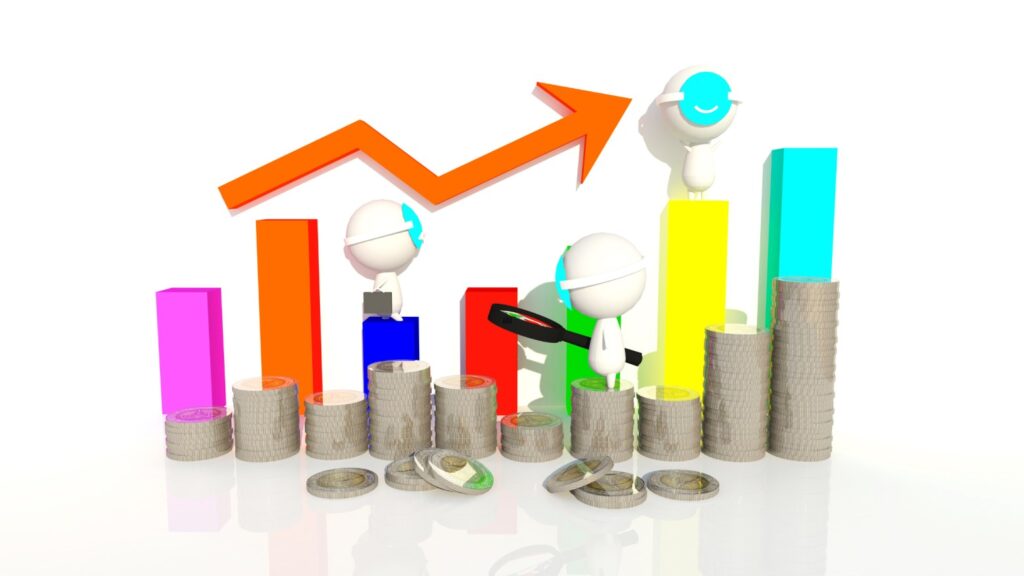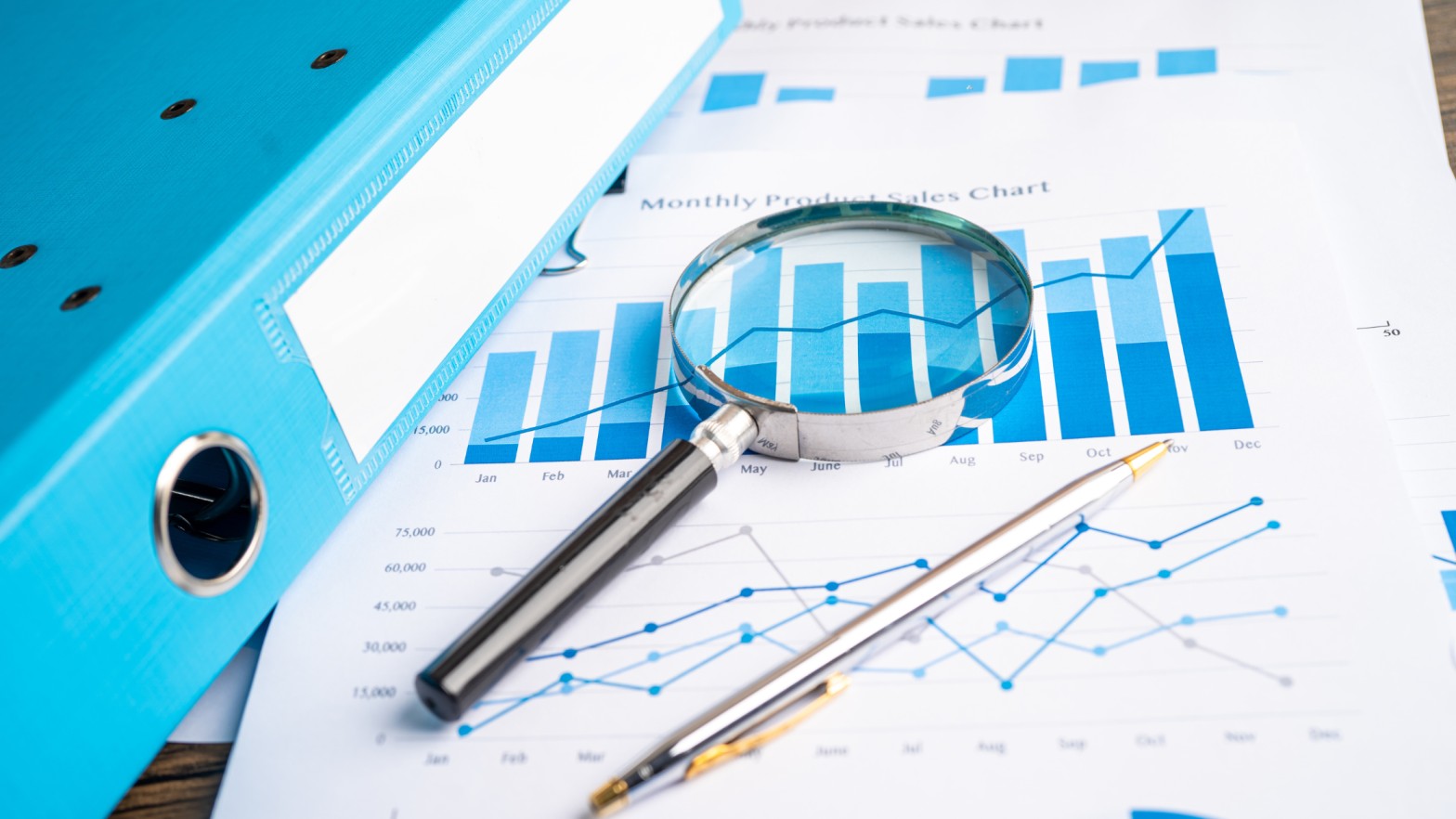- 23 09,2024
-
Sugar Prices

The Sugar Price Index, which represents the average or most typical price of sugar sold internationally, is one of the most important indicators in the global commodities market. To understand the price swings in the worldwide sugar trade, the Sugar Price Index is most useful. Traders and industry analysts look into the index to determine the general state of the sugar market. Proper understanding of the indexes can offer a thorough picture of market conditions because it is a combination of several sources such as the alternative investment data, which makes it simpler to see trends and possible changes in the market.
The growing number of Sugar Price Indexes has had a major impact because this is one sector where the big sugar producers have historically held much power. It provides a transparent picture of the market and evens the playing field by lowering the sway of large manufacturers. For buyers and dealers to participate in the global sugar market with more confidence and fairness, this increased transparency is needed which can come with the resources from alternative data market. The alternative data provider describes the different types of sugar price benchmarks (such as spot, futures, and campaign prices) and where to find them. It also discusses how the index functions as a benchmark for tracking price variations.
The physical sugar market is one of the most volatile agricultural commodities markets which is why most traders find it both a challenge and an opportunity for hedge funds. Typically speaking, hedge funds are investment vehicles that pool capital from institutional investors and HNIs to get returns through multiple strategies. This includes speculative trading, arbitrage, and short-selling. But, in contrast to the mutual funds, hedge funds have greater flexibility and can leverage and derivatives to get higher returns. In the context of commodities like sugar, hedge funds play a significant role in influencing market prices.
Driven by a multitude of factors—weather conditions, global demand, and governmental policies— any market is subject to unprecedented price swings, even though there might be sources from alternative data provider. Understanding these dynamics is necessary in case of hedge funds because they help to get an all encompassing understanding of the risks-reward ratio.
What makes the Prices Fluctuate?

The price of sugar fluctuates due to factors such as production cycles, supply chain disruptions, and also because of currency exchange rates. This works particularly in countries like Brazil and India, which are the largest producers of this crop. Hedge funds analyze this data along with the seasonal trends which helps to forecast future price movements.
The global sugar market is significantly impacted by the Sugar Price Index. An increase in the index often denotes greater sugar costs, which have an impact on everything from food production to the price of biofuel. In contrast, a declining index can indicate a decrease in demand or an excess of supply, which would result in cheaper prices. In countries that depend much on the production and export of sugar, these variations affect the economies tremendously. Did you know that big fluctuations in the index impacts governmental policy, trade agreements and even the security of food supplies worldwide?
For traders, the Sugar Price Index is very helpful instrument. This helps to predict things easier to assess the market risks, understand the price movements, and make informed decisions about whether to buy and sell. Traders can tweak their trading strategies by identifying trends and comparing current prices with historical data. The index makes this feasible. Furthermore, the index serves as a benchmark for futures contracts, which are essential for safeguarding against price volatility in the sugar market.
However, there is an inherent volatility of agricultural commodities, which is often coupled with natural calamities such as extreme weather or changes in trade agreements. These can lead to significant risks. A poor harvest in a major sugar-producing country can understandably cause a rapid rise in the price, while a surplus can cause prices to plummet. These arethe factors that affect the scope of potential losses for hedge funds with large sugar market positions.
On the flip side, these fluctuations offer huge rewards for those who can accurately anticipate the market. Hedge funds are all about understanding complex strategies. This is about futures contracts and options, to hedge against potential losses while betting on price changes. On top of that, accessing real-time data along with the alternative investment data
and staying updated on global production reports can give hedge funds a competitive advantage.
So, even though the sugar market presents considerable risks, its volatility also offers many rewards for hedge funds that can use the data effectively and hedge their bets with precision.

